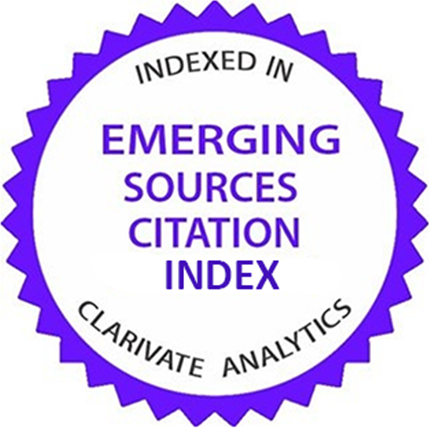Love protects us; we should take care of it
Abstract
Five years of work as emergency physician (EP) in some of the busiest hospitals in a developing country has never been an exhausting experience for me. In fact, my immense passion for this job has brought me happiness even amidst the most challenging shifts. There has been, however, instances of extraordinary difficulty, which have long stuck in my mind. One of those occasions was the time when, at the end of an already tough shift, my middle-aged patient died despite our team’s efforts. At that very moment, I assumed that it would not be possible for me to survive from my terrible feelings this time. Nevertheless, just in a couple of days, I was prepared for my next shift. I wondered what helped me recover so early. I knew that loving my job had rescued me. However, many questions engaged my mind. What was the origin of this passion?
I have had the privilege of working with passionate, responsible physicians whose primary goal in life was caring for patients. This experience encouraged me to take pleasure in my struggle to improve my clinical practice. I should also humbly admit that plenty of medical students have gained the same attitude and insight from working with me.
The reputation of the experience of “love transmission” augmented somewhat the hypothesis of its origin. But what will be the consequences of that? Will the resilience and hardiness remain in the future or cause dropping out of my job earlier than normal?
A rapid review of the medical literature revealed only a few papers dealing with the role of love in medicine, none specifically pertaining to the realm of emergency medicine. Some studies investigated love in terms of biology. Tobias et al. evaluated central nervous system activity in response to love. They showed that love could activate the limbic structure which could in turn result in reduction of stress and improving health, well-being and productivity. Dr. Marcum defined the concept of “prudent love” by a philosophical analysis method in 2011. He maintains that wisdom in combination with the emotion of love can work synergistically and result in a better outcome. In other words, a physician with prudent love tries constantly with pleasure to gain more and the best knowledge and skill for caring of patients (i.e., more wisdom). A positive cycle will exist among the experience in mind and the pleasure in heart. This pleasure could heal a tired healer. Such physicians with prudent love not only will treat more effectively their patients, but will also feel more long-term wellness in their career, and perhaps even more longevity.
In summary, I believe EPs deserve a quality of life better than what is achieved through just struggling with difficulties and fighting against burnout. An EP who loves his job, has a different perception of inevitable occupational stresses, because love can create a mindset that views sad events and even failures as opportunities which motivates him instead of causing disappointment and tiredness. However, we are human beings and unwanted stress will inevitably occur. In these circumstances, such EPs will find out the best coping strategy to react to them properly in a way that would prevent from entrapment in the vicious cycle of burnout. I acknowledge that, at present, these remarks remain vague, poetic, and non-pragmatic. They need to be operationalized in the form of transferrable skills. Therefore, I think the topic of love in this context is an untouched area that merits further research, preferably in cooperation with psychologists and psychiatrists. I sincerely hope that in future we will see more powerful, self-healing physicians, who care for their patients with pleasure.
2. Marcum JA. The role of prudent love in the practice of clinical medicine. Journal of Evaluation in Clinical Practice. 2011;17(5):877-82.
3. Lehrman NS. Pleasure heals: the role of social pleasure—love in its broadest sense—in medical practice. Archives of Internal Medicine. 1993;153(8):929-34.
| Files | ||
| Issue | Vol 8 No 4 (2024): Autumn (October) | |
| Section | Letter to the editor | |
| DOI | 10.18502/fem.v8i4.17087 | |
| Keywords | ||
| Love Burnout Emergency Medicine | ||
| Rights and permissions | |

|
This work is licensed under a Creative Commons Attribution-NonCommercial 4.0 International License. |










